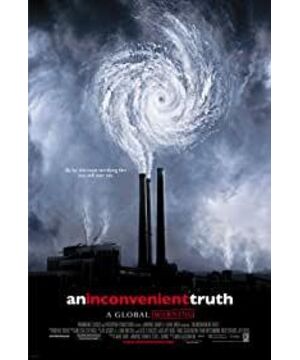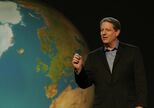Of course, this US election will inevitably bring up environmental issues. To put it simply, environmental issues in the United States are a kind of contradiction between American "foreign policy" and the domestic work and life of the American people. If the United States, from the president to the Congress, is willing to implement the Kyoto Protocol and reduce CO2 emissions, then the domestic industrial structure of the United States must be greatly adjusted. Because the United States has such a large amount of emissions that it must undertake the most emission reduction tasks, those multinational companies that take into account their immediate interests may not invest the most money in comprehensively looking for alternatives, but will transfer traditional industries to Third world countries with low emission reduction obligations. The result of this is to cause domestic companies to downsize their companies, such as layoffs. Although the US president does not have to think like the Chinese officials: although the GDP remains unchanged or increases but the GNP decreases and so on, he must consider unemployment and wage income. The Republican Party has already insisted on not signing the Kyoto Protocol. If the Democratic candidates also put too much emphasis on environmental issues, they will only lose the biggest ballot box of the Democratic Party: low-income groups and vulnerable groups.
Relatively speaking, the catastrophe of the whole planet seems to be the scene of science fiction and science fiction movies, just as we are so indifferent to the Indian Ocean tsunami at the turn of 2005 and 2006. Because of this, Gore will give the analogy of the frog: put a frog in a water of 100 degrees Celsius, it will jump out immediately and suffer little loss; and if you put it in a water that is equal to room temperature If the water is heated slowly, maybe by the time it reaches seventy or eighty degrees, the frog will no longer be able to jump out. The same is true of human beings. They always respond quickly and effectively to the great disasters in front of them, but turn a blind eye to the cumulative and slow-coming disasters. How many times has history repeated itself?
View more about An Inconvenient Truth reviews











